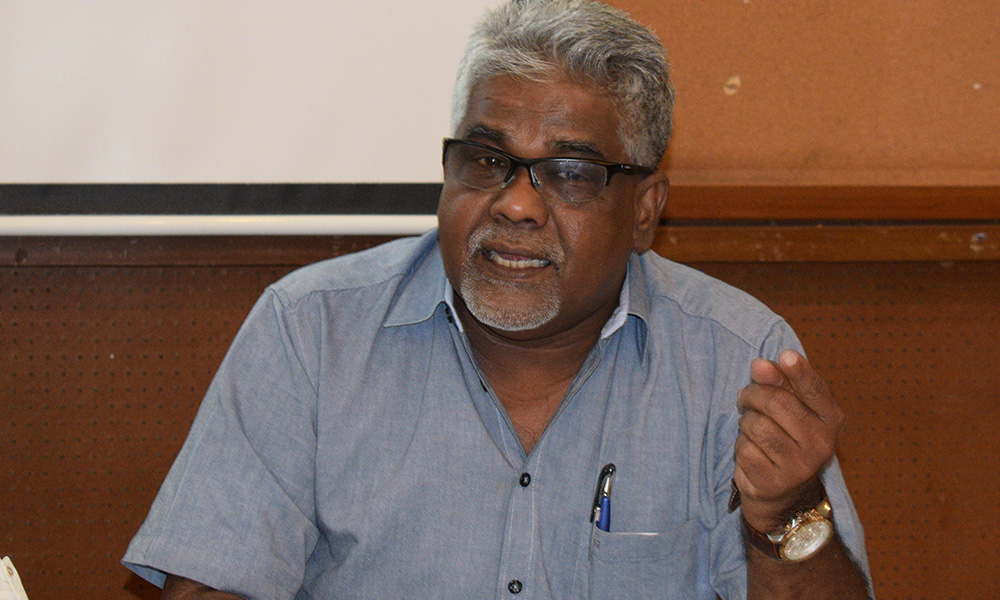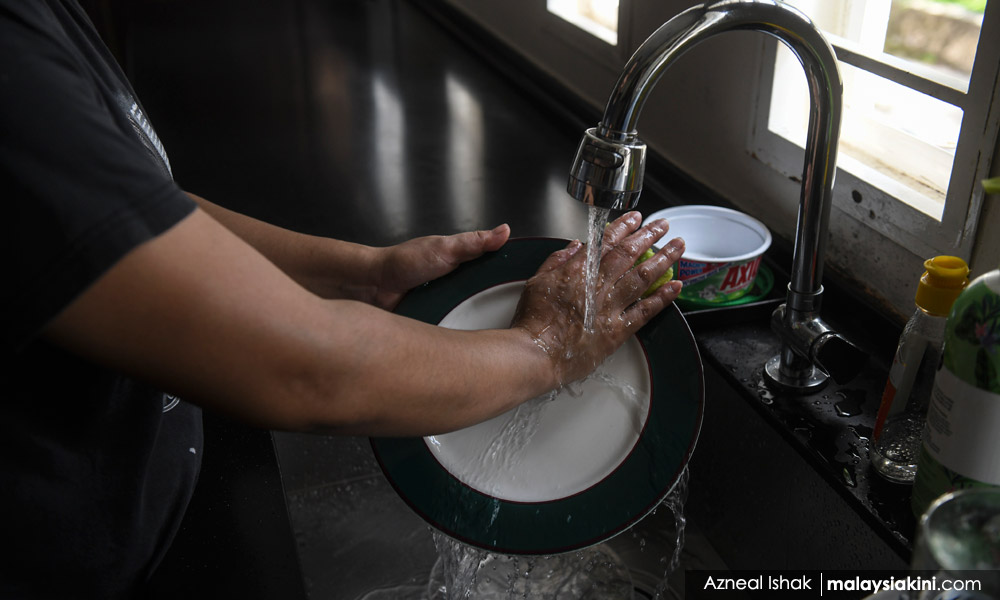The Labour Law Reform Coalition (LLRC) is calling for laws that will hold companies liable for gross negligence manslaughter for occupational health and safety accidents in the workplace.
The group said the government must enact the Corporate Manslaughter Act that will treat companies as corporate persons and sentence them for criminal offences.
The coalition of trade unions, NGOs, and migrant workers’ communities made this recommendation as one of the four put forward to the government in their Occupational Health and Safety Preliminary Report 2022 fact sheet.
The group said the full report will be published after the Hari Raya festivities but its initial recommendations also called on the government to assume greater responsibility in record-keeping on fatalities and injuries of migrant workers.
Based on its initial findings, the group called for a programme that will recognise families of past fatal victims who have not received fair and just compensation.
It also recommended that a cross-border system be put in place to verify the payment of compensation to families in countries of origin.
The preliminary report was launched at a press conference in conjunction with International Workers’ Memorial Day on April 28 which ended with the observance of a moment of silence and candles lit for lives lost in workplaces in Malaysia.
Other countries that have implemented a Corporate Manslaughter Act include the United Kingdom and Australia.
In the UK, the offence was created back in 2007 to overcome the limitations of the common law offence of gross negligence manslaughter as applied to companies and other incorporated bodies.
According to the Crown Prosecution Service website, the act widens the scope of the offence so that the focus is now on the overall management of the organisation’s activities rather than the actions of particular individuals.
“If you kill a worker, you must go to jail,” said LLRC co-chairperson N Gopal Kishnam.
Speaking to Malaysiakini, he said the government must implement a mandatory jail term for employers who failed to provide a safe work environment and safe equipment for workers to use.
“Unions have said it before, laws governing occupational health and safety violations must change.
“If employers are complicit in killing a worker due to unsafe working conditions in workplaces, they should rightfully face jail time without the possibility of monetary payments,” Gopal said.

Safety not regarded as big issue
Citing a 2019 example, Gopal explained that when a Bangladeshi worker died owing to an unsafe workplace environment, the employer in question only needed to pay a mere fine of RM35,000.
“That was the value of the worker’s life,” he said.
He explained that some employers pushing for better productivity from their workers tended to have the workers remove the safety features that exist in high-tech machinery.
“This cannot absolve them of responsibility because every employer is responsible for the machines workers operate to be in good and safe working condition,” he said.
LLRC co-chairperson Irene Xavier named Australia for its good workplace occupational health and safety measures.
She gave an example of how in larger construction sites, the worksite health and safety representatives could stop work with the blow of a whistle if a safety risk was spotted.
Xavier said such measures were brought to the government by local trade unions who had carried out a lot of research.
Comparing the attitude given to the importance of occupational health and safety in Malaysia, she said it was a little backward as it was not regarded as a big issue.
Posing a question to the Occupational Safety and Health Department, Xavier asked what were the department’s actions for the safety of women workers in the electronics industry, many of whom have succumbed to various types of cancer.
She said doctors have claimed the deaths were not related to the workplace but added that doctors had no clue what the women’s workplace was like.
“I think the whole medical profession has a very wrong perception of occupational safety and health.”
Xavier added that studies were done in Silicon Valley and Taiwan which had a progressive attitude toward workers’ rights.
Trapped with employers
The LLRC preliminary report also found women to be particularly vulnerable, especially during the pandemic.
The group reported that live-in domestic workers were effectively “trapped” with employers during the movement control order and therefore unable to seek help in cases of abuse.

The press conference also gave a voice to a migrant domestic worker who joined the meeting on Zoom and explained that health and safety measures for women in her sector were non-existent.
She had suffered scald injuries to her hands repeatedly because her employer kept leaving the water level at the piping hot level and only gave her toothpaste as a salve to her injury.
She pointed out that there was no standard operating procedure for employers to follow when a domestic worker is injured.
Instead, she or friends in the same job would remain in their room bearing the pain and hoping to be taken to the clinic for medical treatment.
The event also saw two migrant workers whose identities were not revealed share their workplace experiences.
The factory worker and a construction worker each shared in their Nepali language that they had witnessed friends and co-workers die in the workplace.
The workers said employers did not take workers’ complaints of illnesses seriously and sometimes this led to their deaths.
Some of the illnesses listed by the worker were high blood pressure and diabetes.
He added that in the case of accidents, some employers waited too long to take the worker to the clinic or hospital.
One worker said they were subjected to unsafe housing conditions but when a worker died, no one knew the cause of his death.
“They also make us work 12 to 20 hours at a time,” said one of them.

No comments:
Post a Comment
Note: Only a member of this blog may post a comment.